The highly effective civet farming model of Mr. Nguyen Dinh's family in Dong Thinh commune, Yen Lap district.
Strengthen management
In order to manage wildlife breeding facilities, recently, Phu Lam Forest Protection Department has strengthened the management, inspection and supervision of wildlife breeding facilities of local households.
Mr. Nguyen Van Xuan in Zone 6, Tu Xa Commune, Lam Thao District is one of the pioneers in snake farming in the locality. Mr. Xuan shared: “To ensure safety in raising and developing the snake herd, the family has strictly followed the procedures and instructions of the authorities; strictly followed the regulations on origin and conditions of the barn. Having complete records certifying the origin of snake farming and trading has affirmed the prestige and quality of the products, and no violations in the field of wildlife farming. Currently, the family raises about 2,000 king cobras for meat. From raising snakes, the family's economy is stable."
To strengthen the management and protection of wildlife, Phu Lam Forest Protection Department has coordinated with the People's Committees of communes and towns to propagate to the people to comply with the provisions of the law on management, protection and conservation of endangered, precious and rare wildlife species; not to hunt or use products originating from endangered, precious and rare wildlife species. At the same time, develop a plan to coordinate with functional forces to regularly inspect and strictly handle organizations and individuals who violate the provisions of the law on hunting, trapping, capturing, buying, selling, transporting, raising, processing, trading and consuming endangered, precious and rare wildlife species in the area.
In order to create favorable conditions for wildlife breeding facilities in Yen Lap district to operate, the district's authorities have strengthened management and limited violations in wildlife breeding activities. Currently, in Yen Lap district, there are 14 facilities breeding endangered, precious, rare wildlife, and common wild animals with a total number of more than 500 individuals. The main wild animals raised are palm civets, palm civets, and bamboo rats. According to Yen Lap Forest Protection Department, the total number of wild animals currently raised at facilities in the area are all of legal origin. The breeding facilities comply with State regulations on cages, ensuring hygiene and safety; monitor on the wildlife management application software when there are fluctuations in increase or decrease and promptly report according to regulations.
Comrade Nguyen Van Son - Head of Yen Lap Forest Protection Department said: "In recent times, the management, protection and development of wildlife species in the area has been directed and achieved positive results; including licensing and good management of snake species; mobilizing households, restaurants and individuals to sign a commitment not to buy, sell or consume wild animals and birds. Particularly for wild birds, the Department has organized inspections, raids, confiscated evidence and handed it over to management agencies for handling according to regulations... creating trust among people in the management and protection of wildlife".
The Forest Protection Department directs the forest rangers to continue to closely coordinate with local authorities and relevant agencies to grasp the situation of wildlife farming in the area as well as the assessment of farming conditions before issuing farm registration certificates. In addition, the Department also resolutely and strictly handles violations to put wildlife farming activities in order; strictly handles cases of captive farming that take advantage of buying wildlife of illegal origin to legalize and profit. In addition, strengthen information and propaganda work, disseminate laws, improve professional qualifications and skills in wildlife management and protection for forest rangers as well as awareness of organizations and individuals participating in wildlife farming.
In practice, the application of information technology in the management of wildlife farms has actively supported the forest rangers, thereby helping to prevent illegal hunting, trading, and transportation of wildlife; contributing to the protection and sustainable development of wildlife species. At the same time, it creates conditions for localities to develop effective wildlife farming in accordance with the law, with the goal of creating jobs, reducing poverty, and developing the economy and society quickly and sustainably.
Wildlife plays a great role and significance for the ecological environment, economy and society, contributing to biodiversity and maintaining balance in nature.
Improve efficiency
In recent years, the model of raising wild animals for commercial purposes has developed quite strongly in the province because of the attractive profit advantage. The management of raising endangered, precious, rare wild animals, and wild animals listed in the CITES Appendix has been concerned, inspected, and controlled by the Provincial Forest Protection Department and related units with many strict solutions.
The Provincial Forest Protection Department has applied the Wildlife Farm Management software to management and monitoring. The Wildlife Farm Management software provides detailed reports and logbooks for the farms, managing and monitoring the changes and reproduction of the farms at any given time. Currently, the province has 336 farms with 74,266 wild animals being raised, including common cobras, palm civets, palm civets, bamboo rats, porcupines, etc. Up to now, the farms have been fully updated with information on the location of the farm, quantity, species, herd status, etc. on the software system. The software also supports the identification of wild animals quickly and accurately, through the species identification support function.
The application of information technology in the management of wildlife breeding facilities and the conversion from paper data management to electronic management will help the management work of the Forest Protection Department become more effective and convenient. Professional civil servants can identify species and know the exact coordinates, location, and quantity of wildlife being raised by facilities at a certain time... Thereby, not only helping the management of wildlife in the locality to become more stable and effective, but also contributing to the conservation of rare genetic resources, helping to create ecological balance in nature, and at the same time preventing illegal hunting, trading, and transportation of wild animals.
However, commercial wildlife farming also carries the risk of being exploited for bad purposes and violating the law. According to the assessment of the industry, most of the wildlife being farmed at facilities are species with high economic value on the market, but the number of individuals in the wild is on the decline. If farming facilities and restaurants are not strictly managed, it is easy for the phenomenon of taking advantage of bringing wild wildlife into farms and restaurants for illegal profit, increasing the risk of illegal hunting and trapping of wildlife.
To better manage wildlife breeding facilities, Mr. Tran Quang Dong - Deputy Head of the Provincial Forest Protection Department said: “The Department directs the forest rangers to continue to closely coordinate with local authorities and functional agencies to grasp the situation of wildlife breeding in the area as well as the assessment of breeding conditions before issuing farm registration certificates. In addition, the Department also resolutely strictly handles violations; strictly handles cases of captive breeding that take advantage of buying wildlife of illegal origin to legalize and profit. Strengthen information and propaganda work, disseminate laws, improve professional qualifications and skills in wildlife management and protection for forest rangers, civil servants of functional agencies as well as awareness of organizations and individuals participating in wildlife breeding”.
Hoang Huong
Source: https://baophutho.vn/doi-moi-trong-quan-ly-dong-vat-hoang-da-230564.htm



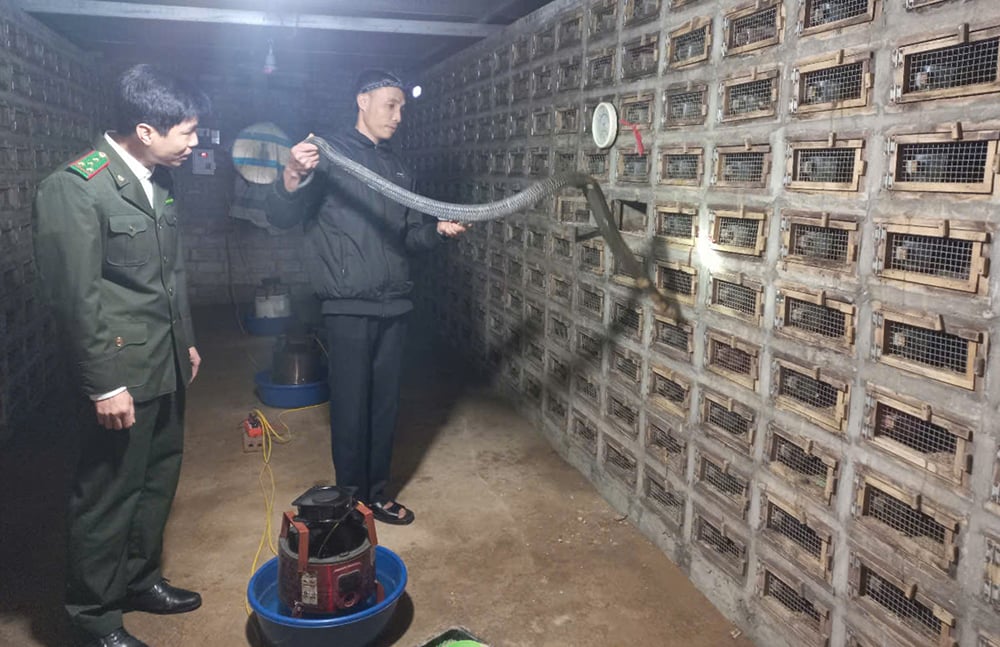

![[Photo] Unique folk games at Chuong Village Festival](https://vstatic.vietnam.vn/vietnam/resource/IMAGE/2025/4/10/cff805a06fdd443b9474c017f98075a4)

![[Photo] April Festival in Can Tho City](https://vstatic.vietnam.vn/vietnam/resource/IMAGE/2025/4/10/bf5ae82870e648fabfbcc93a25b481ea)
![[Photo] Opening of the 11th Conference of the 13th Party Central Committee](https://vstatic.vietnam.vn/vietnam/resource/IMAGE/2025/4/10/f9e717b67de343d7b687cb419c0829a2)




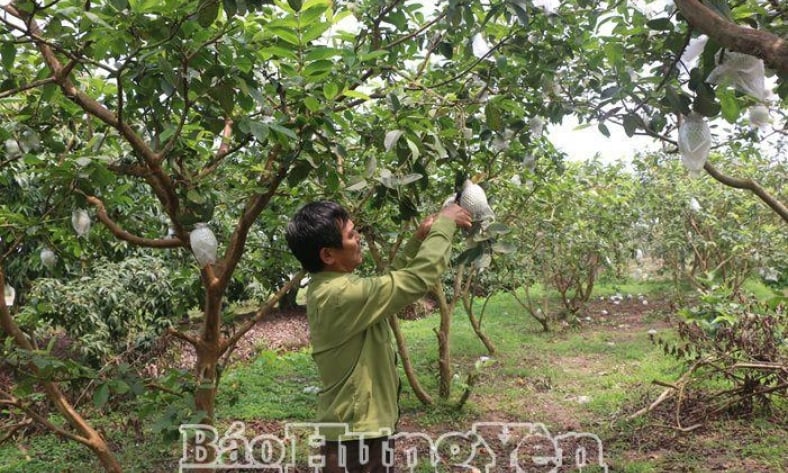
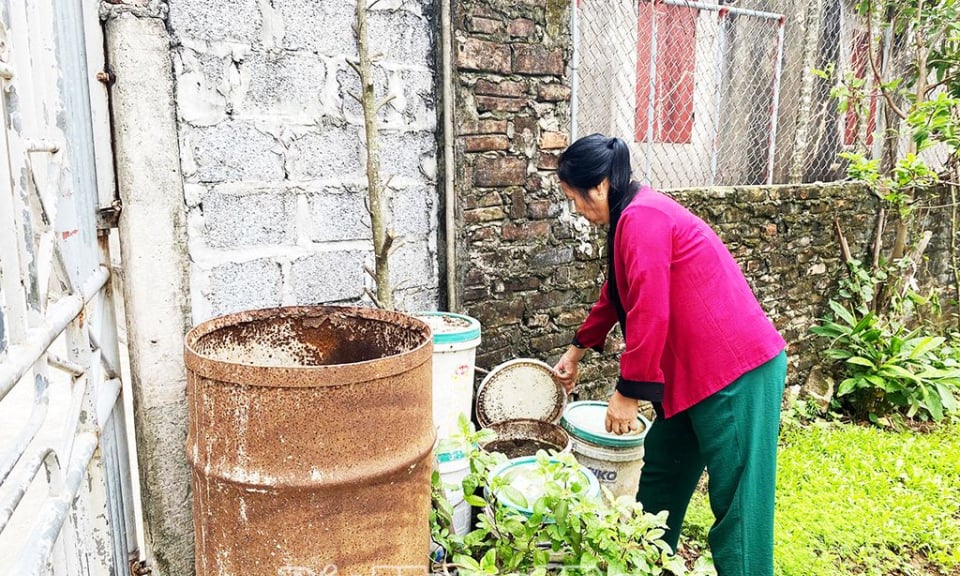
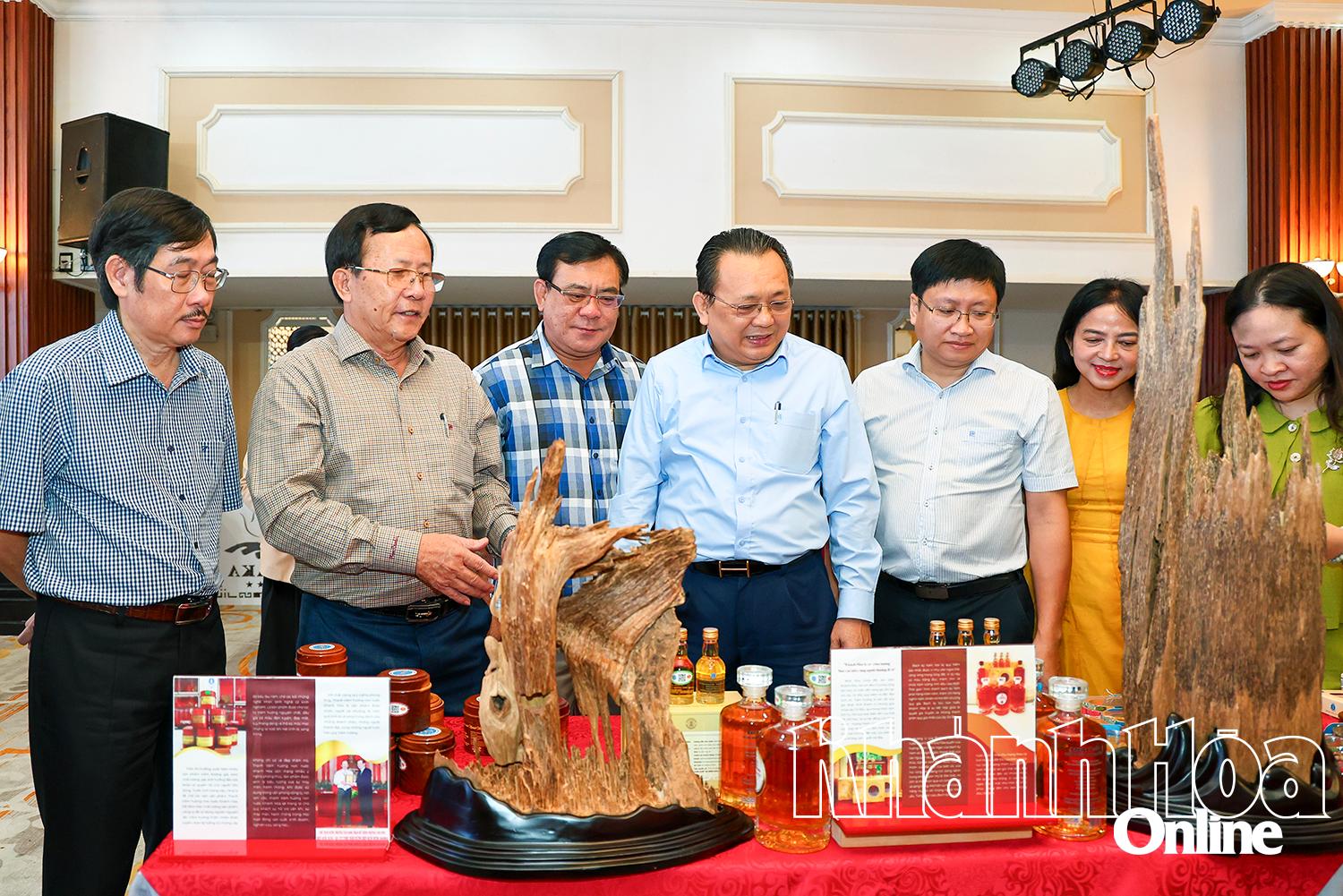





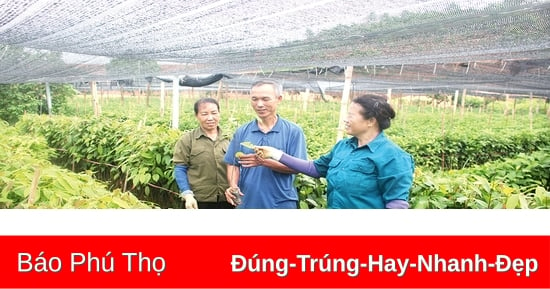



















































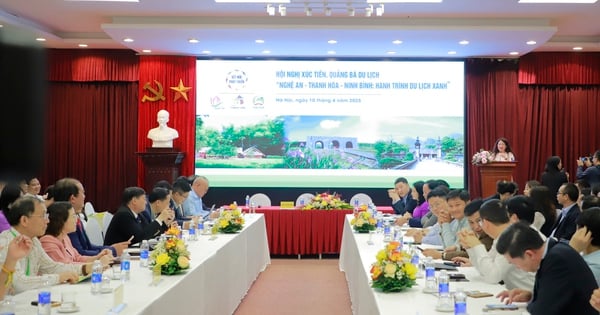
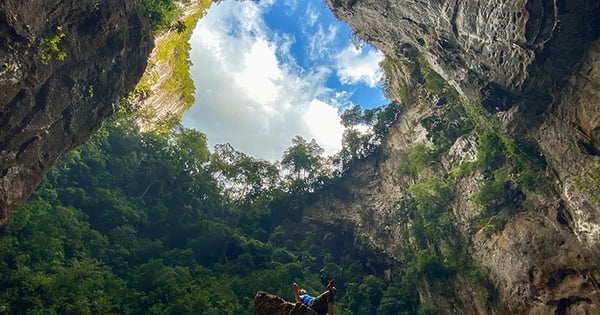
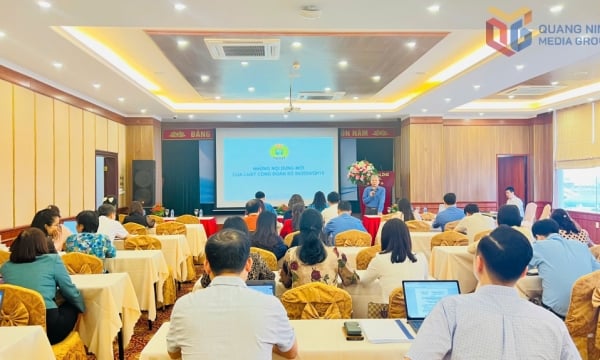

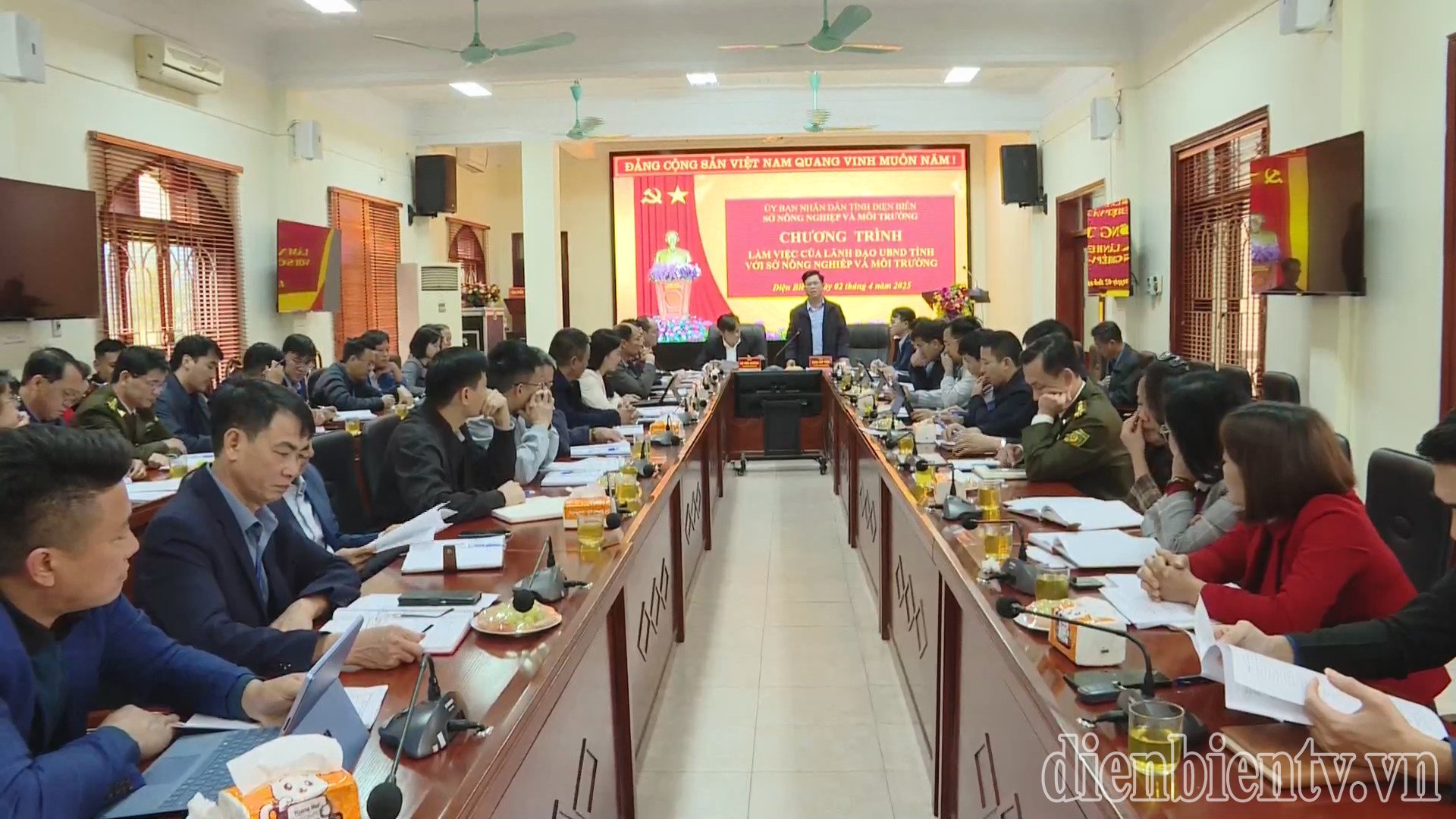
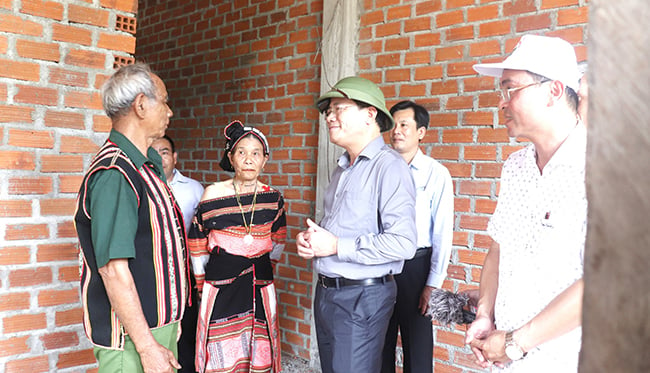
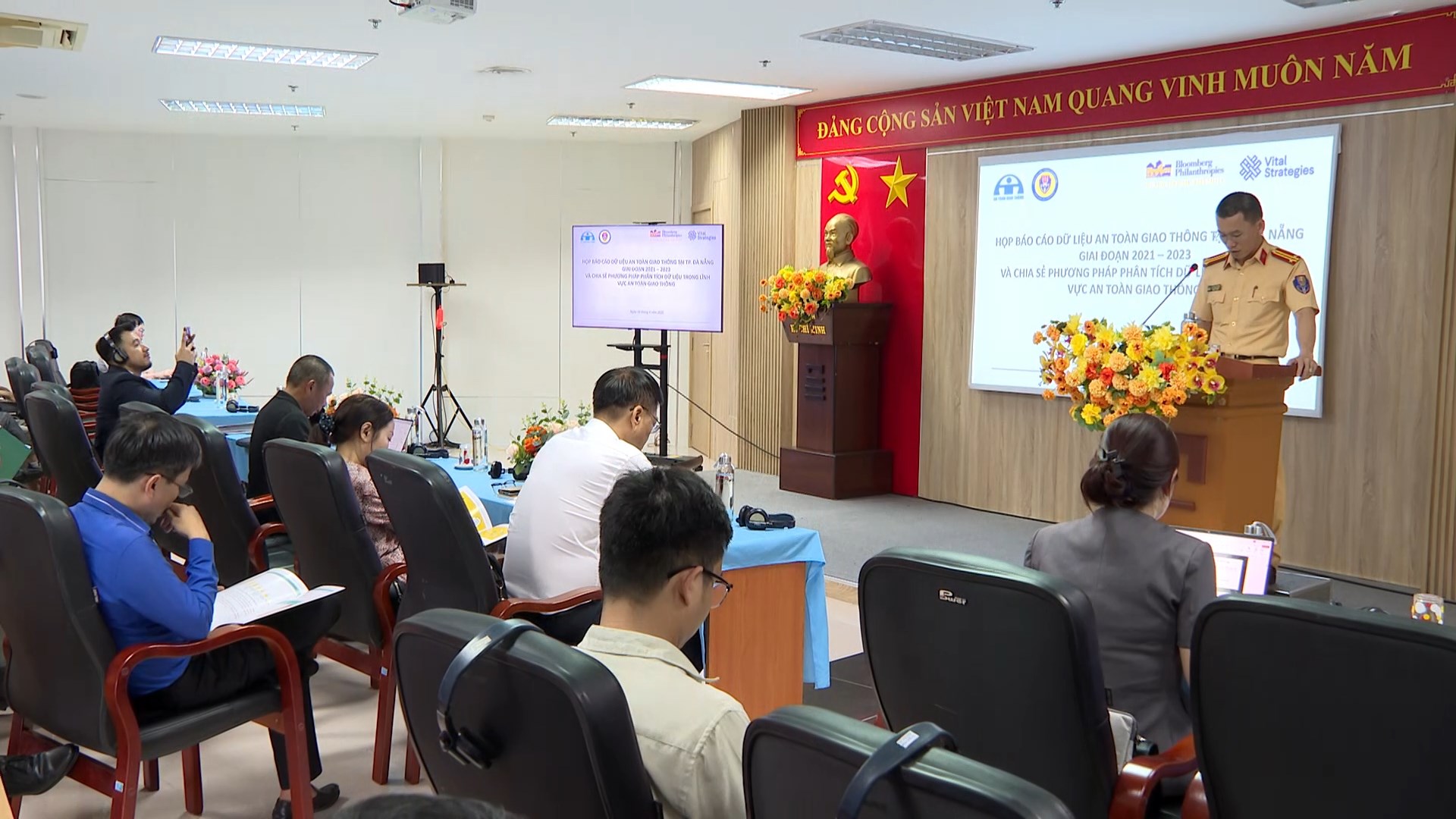
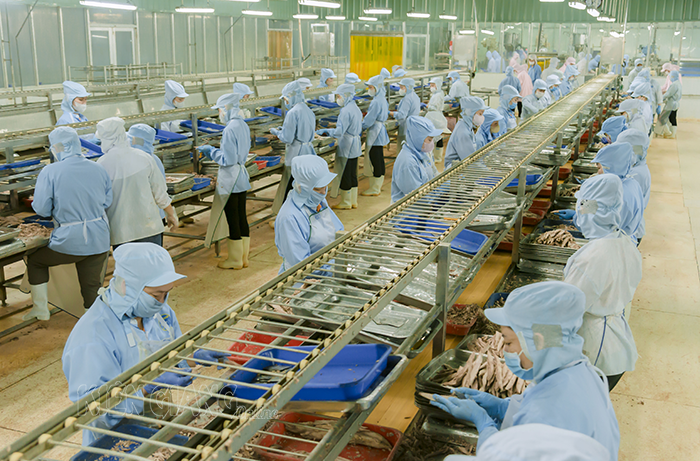
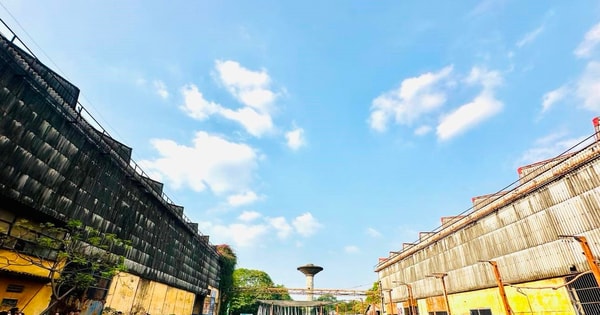








Comment (0)